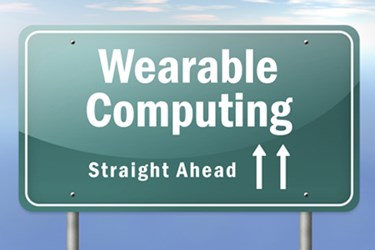Consumers Happier With Wearable Hardware Than With Corresponding Apps

By Christine Kern, contributing writer

Data reveals that, while the hardware is evolving, software struggles to provide actionable data.
As the wearable technology market evolves, an Argus Insights report found consumers are more satisfied with the wearable hardware than they are with the corresponding apps they use to interpret the data they collect.
The report, Examining the Wearables Ecosystem: Roadblocks in Personal Data Interpretation, is based on an analysis of more than 136,000 consumer reviews of wearable devices and applications, from Nov. 2015 through Feb. 2016. It is clear from the data that, as hardware and sensors improve, permeate, and migrate away from the wrist, the importance of a software platform to interpret all the collected data will persist. As the report notes, “Devices are surpassing the associated apps in terms of consumer delight.”
“Clearly the app experience is affecting the long term efficacy of the wearables market,” said John Feland, CEO, Argus Insights. “Without interpretation of the data to inspire action and promote change, devices become dispensable and land in the sock drawer.”
This report shows Samsung and Lumo Body Tech had the highest satisfaction rates for their hardware, while Jawbone consumers are disappointed. However, both Nike and Jawbone apps are earning praise and relatively higher delight scores while Fitbit, Samsung, and other apps are consistently seeing low consumer satisfaction.
Difficulties syncing data, apps crashing, and frustration with installation constitute the chief areas of consumer discontent, while consumers are happiest with the fitness, calorie tracker, and heart rate monitoring information available from the wearable apps. “Even when consumers are happy with the device and all the things they can track and monitor with it, consumer satisfaction falls when looking at feedback about the apps people are using to store, track, and interpret this data,” the study concludes.
While wearable devices are becoming more standardized, there is a significant gap between consumer satisfaction with the hardware and the apps, leaving room for app developers to leverage the opportunities to improve actionable data. There is a continued need for applications to improve to interpret all the data wearable devices collect.
The study revealed that Jawbone Up is particularly well-liked because it makes personal data actionable and sets an example for other apps to follow in terms of the market. Companies must integrate all collected personal data in a simple, understandable way and inspire users to take specific actions based on this information.
